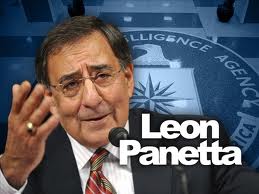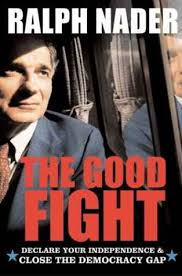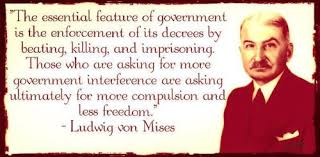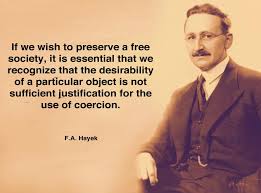Democracy Under Seige
Saturday, February 28th, 2015Lords of Secrecy; The National Security Elite and America’s Stealth Warfare, Scott Horton, 2015
Horton opens with a brief description of the bizarre events surrounding the Feinstein Senate Intelligence Committee’s attempt to launch an in-depth study of the CIA role in interrogation and imprisonment. The CIA, under Leon Panetta reacted with a series of delaying and evasive maneuvers starting with insisting that the committee staffers travel to Langley and do their research on specially prepared by CIA stand alone computers. The CIA then accused the staffers of “stealing” classified material by removing them from the premises. The CIA and Panetta chose to treat their regulators as adversaries to be fought and opposed.
Horton then proceeds with a short selected history of democracy. He says that too often Greek scholars have focused on Aristotle and Plato instead of looking at the remarkable effort of the Athenians to form a democratic government with public debate and consensus decision making. He says that it is precisely in the area of decisions regarding war and peace that debate and consensus building is most crucial. He credits Athens with effective governance using principles of public debate and consensus decision making. He moves on to Max Weber and Georg Simmel who focus on the role of secrecy in creating the conditions for authoritarian governance. He also spends time praising Danial Patrick Moynihan, a trained sociologist and politician who chaired the Commission on Protecting and Reducing Government Secrecy who produced a study in 1997 that concluded:
-
Secrecy is a form of Government Regulation
-
Secrecy Keeps Information Away from Decision Makers
-
Secrecy Thwarts Accountability
-
Secrecy Undermines Democracy
Hayden’s Swollen Head  Alexander Recruits Hackers
Alexander Recruits Hackers 
Body Snatched Leon Panetta  Lying John Brennan
Lying John Brennan 
Horton laments Congress’s abrogation of the sole authority to declare war since WWII, the inability of Congress to regulate the CIA and NSA security arms, and the tendency of the courts to accept national security and secrecy deference to deny due process of law to citizens.
He notes the record number of whistle blower prosecutions under Obama but largely blames a reorganization of the justice department under W which created a special division to deal with national security cases. In effect this division has become the client of the Lords of Secrecy that run the CIA and NSA.
Who are the Lords of Secrecy? Michael Hayden and Keith Alexander of the NSA and Leon Panetta and John Brennan of the CIA.
Trying to be objective, Horton finds three areas where secrecy is warranted and consistent with democratic governance.
-
First, he says secrecy is needed to keep weapons research and medical research that could be weaponized secret.
-
Second, he says that signals intelligence such as breaking the German and Japanese codes in WWII must be kept secret so our enemies don’t learn that their communications are being decoded and monitored.
-
Third, the identity of covert operatives and foreign informants must be kept secret.
Horten next gives a list of things that should never be secret or classified.
-
First, Opinions of the Justice Departments Office of Legal Counsel, which are being used as “get out of jail” cards for administrative officials who can claim to be relying of the opinions as to the legality of their actions and decisions. The public and other branches of government must have full access to these opinions. Most will not stand up to public scrutiny.
- Second, Material already in the public domain should never be classified. This includes material that entered the public domain via whistle blowers or other leakers. Attempts to put the genie back into the bottle cannot have standing in courts.
-
Third, secrets should all have a known “shelf life” and it should not be possible for later administrations to change the time limits for disclosure.
-
Forth, basic scientific research should never be classified. This is a fundamental principal of science and assures maximum progress and disciple in the scientific process.
-
Fifth, classification should never be used to cover mistakes or incompetence or lying to Congress or the public.
-
Sixth, classification should never be used to cover illegal actions and their perpetrators. Like NSA mass surveillance of American citizens communications.
Citizenfour Fighting the Lords of Secrecy 

Horton concludes with lavish praise for the whistleblowers, particularly Edward Snowden, without which the public would remain in the dark about the actions of their government. America’s experience shows Weber’s faith in parliamentary inquiries ability to hold down the forces of secrecy too optimistic.
The cache of secrets, and particularly the vast and unwieldy store of intercepted communications, is growing into a modern Tower of Babel, already essentially unmanageable and overshadowing all the institutions of American democracy. Like the Tower of Babel or yore, it is a monument to the unseemly thirst for power of those who built it and to their indifference to the core values of their own society.





